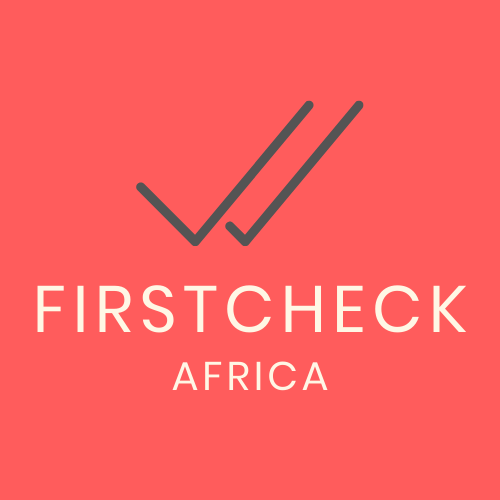There is no question to the fact that women are in the minority in the tech industry, from the general workforce up to administration and leadership roles. A 2020 global study by the AnitaB.org Institute found that women make up 28.8% of the tech workforce, a steady increase from the past few years; 25.9% in 2018, and 26.2% in 2019.
Read more about Tech
However, at this pace, it could take more than 10 years for women to gain equal representation in tech globally, while it will take far more years in Africa. A McKinsey study, “women in the workplace, 2019”, noted that gender differences can emerge as early as the first promotion opportunity.
Women account for 48% of entry-level hires but only 38% of first-level managers. In Nigeria, according to the National Bureau of Statistics, women make up on average just 22% of the total number of Engineering and Technology university graduates each year. According to the same source, women make up roughly a fifth of the total number of people working in the information and communication technology sector.
This discrepancy starts much earlier when female enrollment in technology and engineering courses of Nigerian higher institutions is lower than men’s. This means men are shaping the technology being developed, while women are largely passive users. Research has also shown that better and more useful tools are created when the developers fully represent the diversity of the societies we live in.
In addition, 90% of the jobs in the next 10 years will require technology skills and knowledge. If women are under-represented as technology developers and sophisticated users, they will be left behind in tomorrow’s world. Research has also shown that early-stage, girl-focused intervention, which continues to nurture tech interest through adolescence and early adulthood is critical in closing this gender gap. It is therefore prudent to initiate access to opportunities and programs for girls to increase the numbers of women working in technology and related fields by making tech careers attractive and dispelling stereotypes of gender-appropriateness of technology via engaging classes, presenting female technical role models, and providing access to mentorship.
Representation is important and like many other industries, the technology ecosystem is still struggling with gender diversity in Nigeria. This is what FirstCheck founders, Eloho Omame and Odunayo Eweniyi are doing by creating a level playing field for women in tech such as investing “ridiculously early” in women in African tech. They are also building an investor community that creates opportunities for more women to invest in venture-backed startups.
Sign up to the Connect Nigeria daily newsletter
In Africa, when investors are approached by women entrepreneurs, there is an unconscious prejudice that they will not be as dependable as their male peers. Teams led by women are still finding it difficult to raise funds and to be taken seriously. This was the case of Damilola Olokesusi, CEO of Shuttlers whose story of gender bias in the workplace was during a board meeting she attended with her co-founders, an all-female team. A misogynistic statement made by a male attendee made it difficult for her and her team to be taken seriously throughout the meeting.
FirstCheck is a female-led, female-focused angel fund and investor community to help women who have ideas for technology startups. The startup’s main objective is to give African women in tech their first check by investing up to $25,000 in each woman at the imagination stage and working to help her raise a significant pre-seed round within 12 months after being confirmed. The basic goal is to “create enablers and active pathways between Africa’s growing community of early-stage founders and female founders.” They plan to do this by being active connectors and partners to accelerate tech startups owned by women on the continent. Their mission is to advance equity, capital, and leadership for a generation of women in Africa through technology & entrepreneurship. FirstCheck is building infrastructure around women in technology, believing it will generate a solid return on investment.
FirstCheck Africa affects the tech community in the following ways:
- Writing first checks for audacious female founders of tech startups.
- Creating active pathways between early-stage investors and women.
- Helping more women in the “middle tier” write their first checks.
The question of investing in mixed-gender co-founding teams, will not only depend on whether there is at least one woman but also the woman must be a true partner, decision-maker, with a significant and equitable split of the founder equity. The investment startup will be working with a community of African women with ideas for technology startups, even those with vague ideas that could eventually become startups in the future. They also consider businesses that are no longer in their ideation stage but already in their early stages of execution, especially pre-revenue.
Featured Image Source: Medium
Did you find this article useful? Contact us: [email protected]

